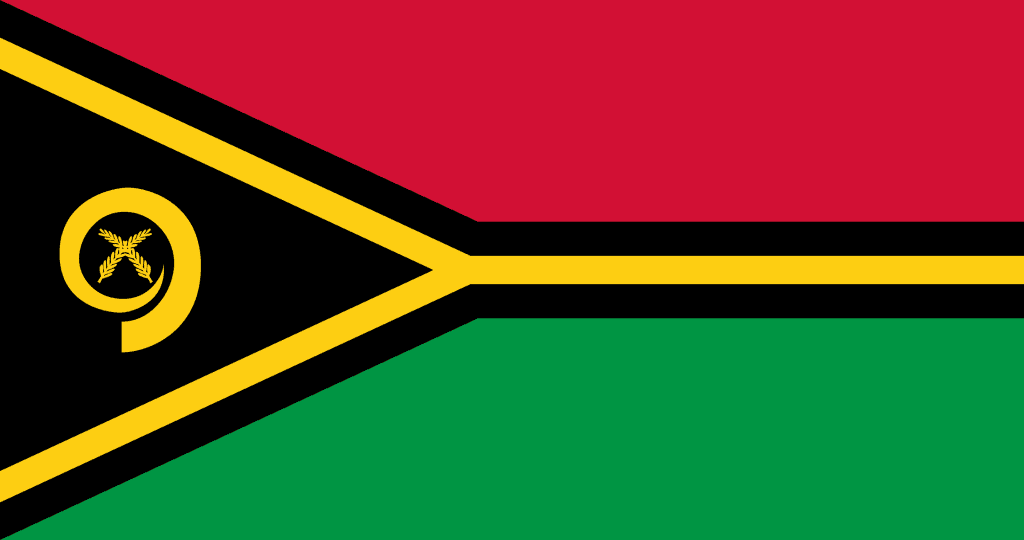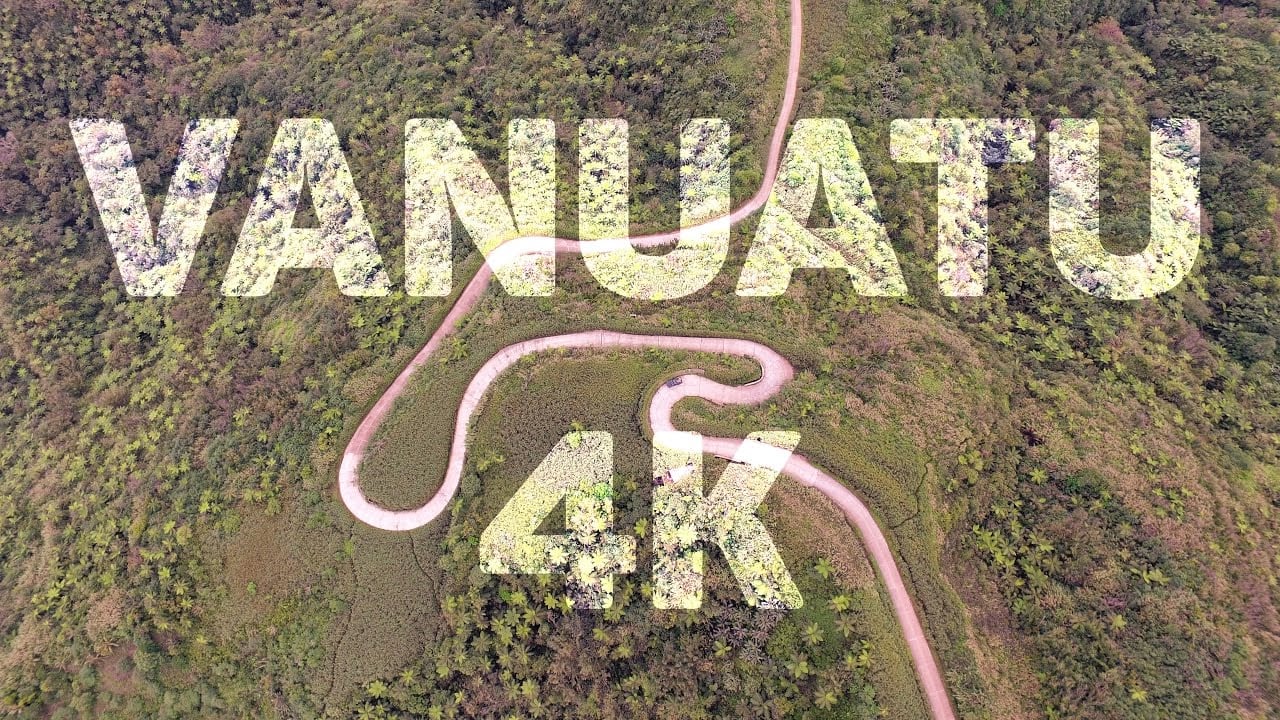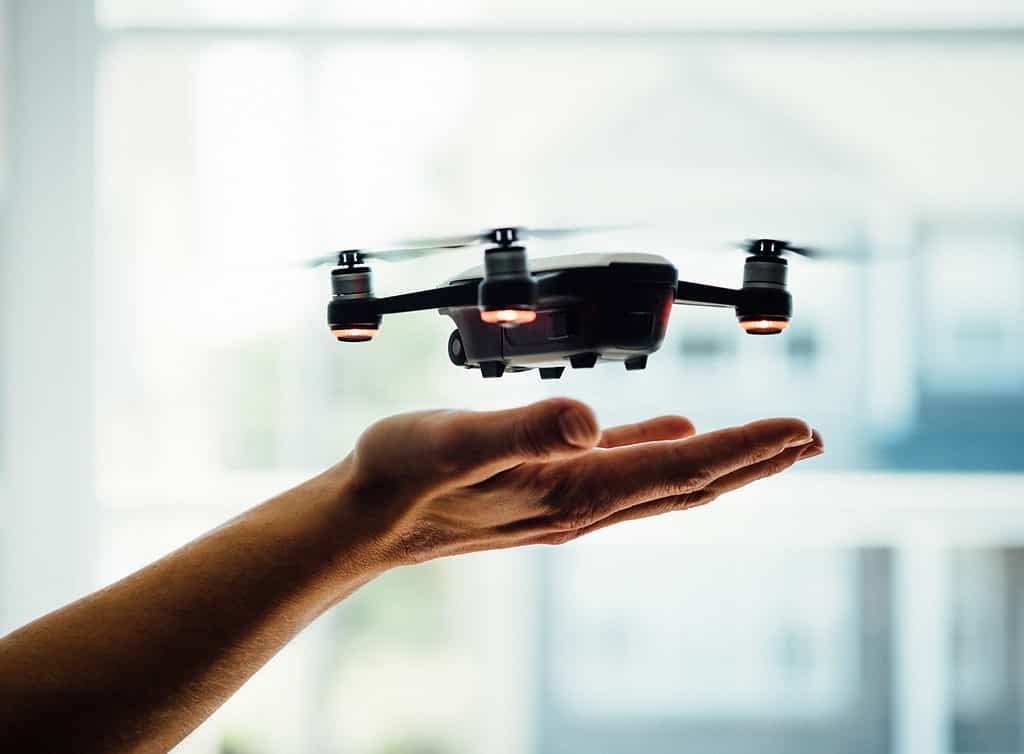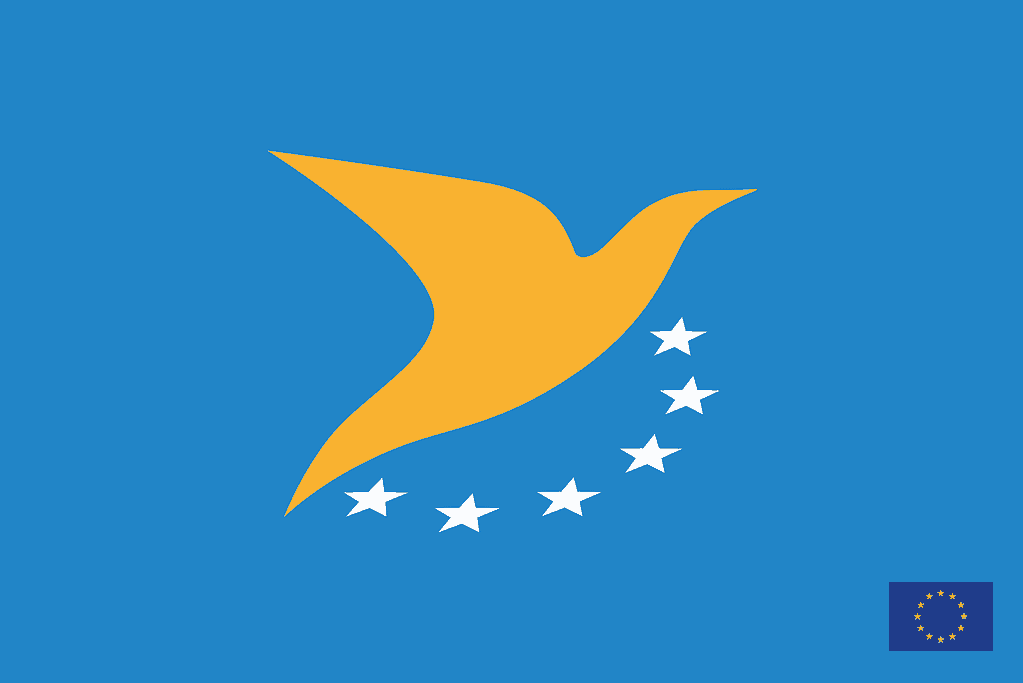Drone Laws in Vanuatu
Hobbyist Drone Laws For Residents of Vanuatu
Drone Operations in Vanuatu are currently regulated.
- Hobbyist drone flights are allowed in Vanuatu
- Hobbyist Vanuatu drone pilot license is not required
- Hobbyist Drone registration is required in Vanuatu for hobbyists
- Drone Remote ID is not required in Vanuatu for hobbyists
- Drone Insurance is not required but recommended for hobbyists’ drone operations in Vanuatu
Read below for more details on Hobbyist Drone Laws in Vanuatu and to find links to regulators and other credible sources!
Agencies Responsible for regulating drones in the Republic of Vanuatu
Drone Regulator in Vanuatu: Civil Aviation Authority of Vanuatu (CAAV)
UAS Laws – General rules for flying drones in Vanuatu
The Vanuatu agency responsible for drone safety, CAAV, has provided several internet-accessible details on flying a drone for fun or work. The highlights are enumerated below. For more details go to the link above.
Are drones allowed in Vanuatu?
Drone registration requirements in Vanuatu
All drones entering Vanuatu must be registered online with the Civil Aviation Authority (CAAV). Use the drone registration form on the CAAV site: Drone Registration Application Form
Registration is $50 for individuals and $50 for drones.
After completing the registration process, you will gain access to the list of no-fly zones.
When flying unmanned aircraft, you need to follow the Part 101 rules. If you cannot follow the rules outlined below, you must apply for a Part 102 certification.
Before you fly
- Aircraft must NOT exceed 25kg and must always be safe to operate and well maintained.
- You must minimize hazards to people, property, and other aircraft.
- Only fly during daylight unless you are doing a shielded operation.
- Give way to all crewed aircraft, e.g., planes, helicopters, hang gliders, and paragliders. Land your aircraft immediately if another aircraft approaches.
- You must be able to see your unmanned aircraft with your own eyes at all times. Don’t watch it through binoculars, a monitor, or a smartphone. Also, do not fly it behind objects or through or above fog and clouds.
- Fly below 120 meters (400 feet) above ground level.
- Get consent before flying over people and property.
- There are several no-fly zones – check for any airspace restrictions in your area before you fly.
Fly The Right Way- drone rules brochure
Where can you fly?
Airspace can be designated as controlled or special-use airspace.
Controlled airspace is where there is a need for an air traffic control service for the safety and efficiency of aircraft operations. Special use airspace includes restricted areas, military operating areas, mandatory broadcast zones, volcanic hazard zones, danger areas, and low-flying zones.
Maps showing the boundaries of controlled and other special-use airspaces, called Visual Navigation Charts (VNC), are available.
- You may fly in controlled airspace by obtaining air traffic control clearance from ATC.
- You don’t need authorization from air traffic control if you can conduct your flight as a shielded operation.
- Stay 4 km away from all aerodromes – unless you’ve got clearance from the aerodrome operator.
- Do not fly in special-use airspace without the permission of the administering authority—for example, military operating areas or restricted areas.
- It’s safer NOT to fly over people. However, if you need to, only fly above people if you have asked for their consent.
- Get the consent of the property owner or person in charge of the land you want to fly over.
- Check with your local council or the Department of Conservation before flying into public places like parks and reserves. For example, your regional council’s website will have information about drone use in your area. You must apply for a permit from the Department of Conservation to fly over conservation land.
Here are the most important rules to know for flying a drone in Vanuatu:
- Drones must weigh no more than 25 kilograms (55 pounds), and drone pilots must ensure that their drones are safe to fly before taking flight.
- Drone pilots must always take reasonable precautions to avoid endangering persons, property, or other aircraft (i.e., do not fly recklessly).
- Drones are only permitted to fly during daylight hours.
- Drones must yield to crewed aircraft at all times.
- At all times, drone pilots must maintain a direct visual line of sight with their drones.
- Drones cannot fly higher than 120 meters (394 feet) above the ground.
- Drone pilots must be familiar with the airspace restrictions that apply to their area.
- A drone may not be flown within a radius of four kilometers (2.5 miles) of an aerodrome.
- Drone pilots must obtain an air traffic control clearance from Airways to fly in controlled airspace.
- Drone pilots are not permitted to operate in special-use airspace without the permission of the area’s administering authority (e.g., military operating areas or restricted areas).
- Drone pilots must obtain consent before flying over an individual.
- Before flying over a property or area, drone pilots must obtain the consent of the property owner or person in charge.
- Consult your local council or the Department of Conservation before flying over public areas such as parks and reserves.
- Avoid flying a drone near marine life. Under the 1992 Marine Mammals Protection Regulations, no aircraft shall be closer than 150 meters (500 feet) horizontally from a point directly above any marine mammal when operating less than 600 meters (2,000 feet) above sea level.
Notes for recreational drone pilots flying for fun in Vanuatu
Vanuatu drone rules aren’t separated into recreational and commercial rules like some other countries.
You must follow the Part 101 rules when flying your drone.
If you need to fly outside the Part 101 drone rules, you must hold a Part 102 unmanned aircraft operator certificate.
Intro to Part 101 rules for unmanned aircraft
Intro to Part 102 unmanned aircraft operator certification
Drone Regulations For Visitors To Vanuatu
Drone Operations in Vanuatu are currently regulated.
- Foreign visitor drone flights are allowed in Vanuatu
- Foreign visitor drone pilot license is not required
- Drone registration/authorization is required in Vanuatu for visitors/tourists
- Drone Remote ID is not required in Vanuatu for tourists
- Drone Insurance is not required but recommended for tourist drone operations in Vanuatu
Read below for more details on Drone Laws in Vanuatu for Visitors (Tourists) and to find links to regulators and other credible sources!
Note for Foreign Operator
If you’re traveling to Vanuatu and intend to bring your drone, the CAAV recommends the following special considerations for foreigners flying drones:
- All foreign drones and operators must be registered before they arrive in Vanuatu and subject to inspection at customs. On the CAAV’s website, you can learn more about the registration process.
- Before registering their drones, pilots must obtain a RARN (RPAS Aviation Reference Number). Following that, the RARN will be used for all registrations and communications. Following receipt of your RARN, you may register the RPAS and Operator.
- Registering as a drone pilot must be at least 16 years old.
Commercial Drone Laws For Residents of Vanuatu
Drone Operations in Vanuatu are currently regulated.
- Commercial drone flights are allowed in Vanuatu
- Commercial Vanuatu drone pilot license is not required
- Commercial Drone registration is required in Vanuatu for commercial drone operators
- Drone Remote ID is not required in Vanuatu for Commercial Drone Operators
- Drone Insurance is not required for commercial drone operations in Vanuatu
Read below for more details on Commercial Drone Laws in Vanuatu and to find links to regulators and other credible sources!
Notes for operating Commercial Drone Services in Vanuatu
Vanuatu drone rules aren’t separated into recreational and commercial rules like some other countries.
You must follow the Part 101 rules when flying your drone.
If you need to fly outside the Part 101 drone rules, you must hold a Part 102 unmanned aircraft operator certificate.
Intro to Part 101 rules for unmanned aircraft
Intro to Part 102 unmanned aircraft operator certification
Drone Rules For Government Drone Operators in Vanuatu
Drone Operations in Vanuatu are currently regulated.
- Government drone flights are allowed in Vanuatu
- Government drone pilot license is required
- Drone registration is required in Vanuatu for Government operations
- Drone Remote ID is not required in Vanuatu for Government operations
- Drone Insurance is not required for Government drone operations in Vanuatu
Read below for more details on Drone Laws Vanuatu for Government Drone Operations and to find links to regulators and other credible sources!
Useful published information on flying drones in Vanuatu
Here is a sample of what you might expect if you follow the drone laws and fly in Vanuatu…
Authoritative Sources of Information on Vanuatu Drone Laws
We will attempt to keep an updated list of online authoritative links to regulators and other official websites here:
- Drone Regulator Website: Civil Aviation Authority of Vanuatu (CAAV)
- Link To SUAS Laws: Intro to Part 101 rules for unmanned aircraft and Intro to Part 102 unmanned aircraft operator certification
- No Fly Zone Maps/Locations: N/A
- UAV Registration Site: Civil Aviation Authority of Vanuatu (CAAV)
- Drone Operator Licensing Site: N/A
- Others: N/A
NOTE: This page is about the Regulation of Unmanned Aerial Vehicles: Small Unmanned Aerial Systems (SUAS), Small UAS, Remote Piloted Aerial Systems (RPAS), unmanned aerial vehicle (UAV), Unmanned Aerial System (UAS), and drone are interchangeable terms unless specified. Model Aircraft, toy, remote-controlled, and RC aircraft may be covered by the same regulations unless specified.
Find out why
We think you must use a Drone Preflight Checklist
And a Drone Post-flight checklist
Free Drone Flight Checklist PDF
This Drone Flight Checklist is better than others.
It’s free!
It includes both the preflight checklist and post-flight checklist
It’s an easy-to-use printable PDF that covers all your bases.
Traveling with a Drone?
Click here to read our Comprehensive Guide For Traveling With A Drone.
LET US CONNECT YOU
Calling All Drone Service Companies, Trainers, Tour Guides with Drone Experience
Contact Us with your website, email address and phone number using our Contact Page
We want to share your information with visitors who look for credible providers that follow the rules.
NOW IT’S YOUR TURN





Leave a Comment